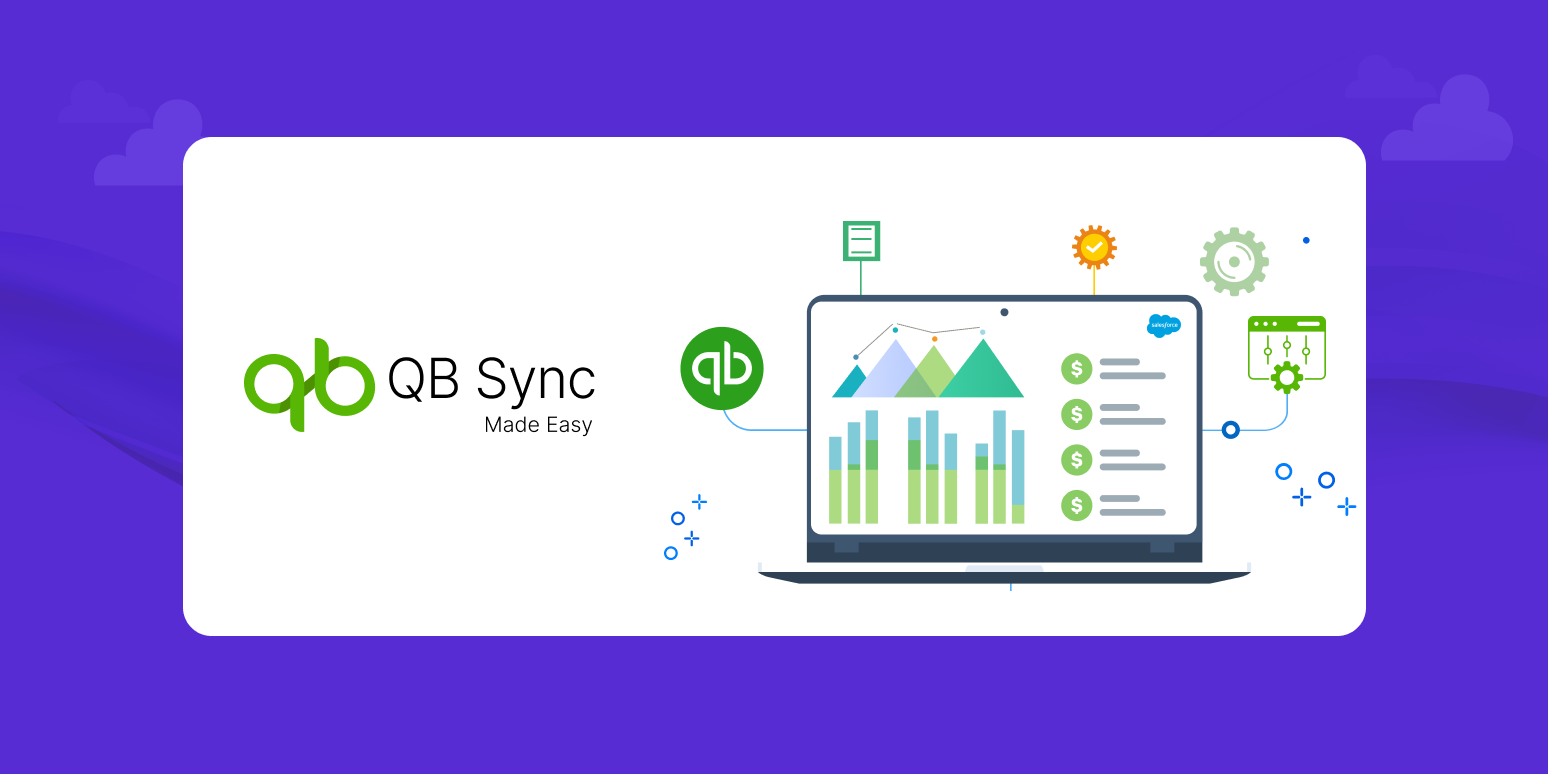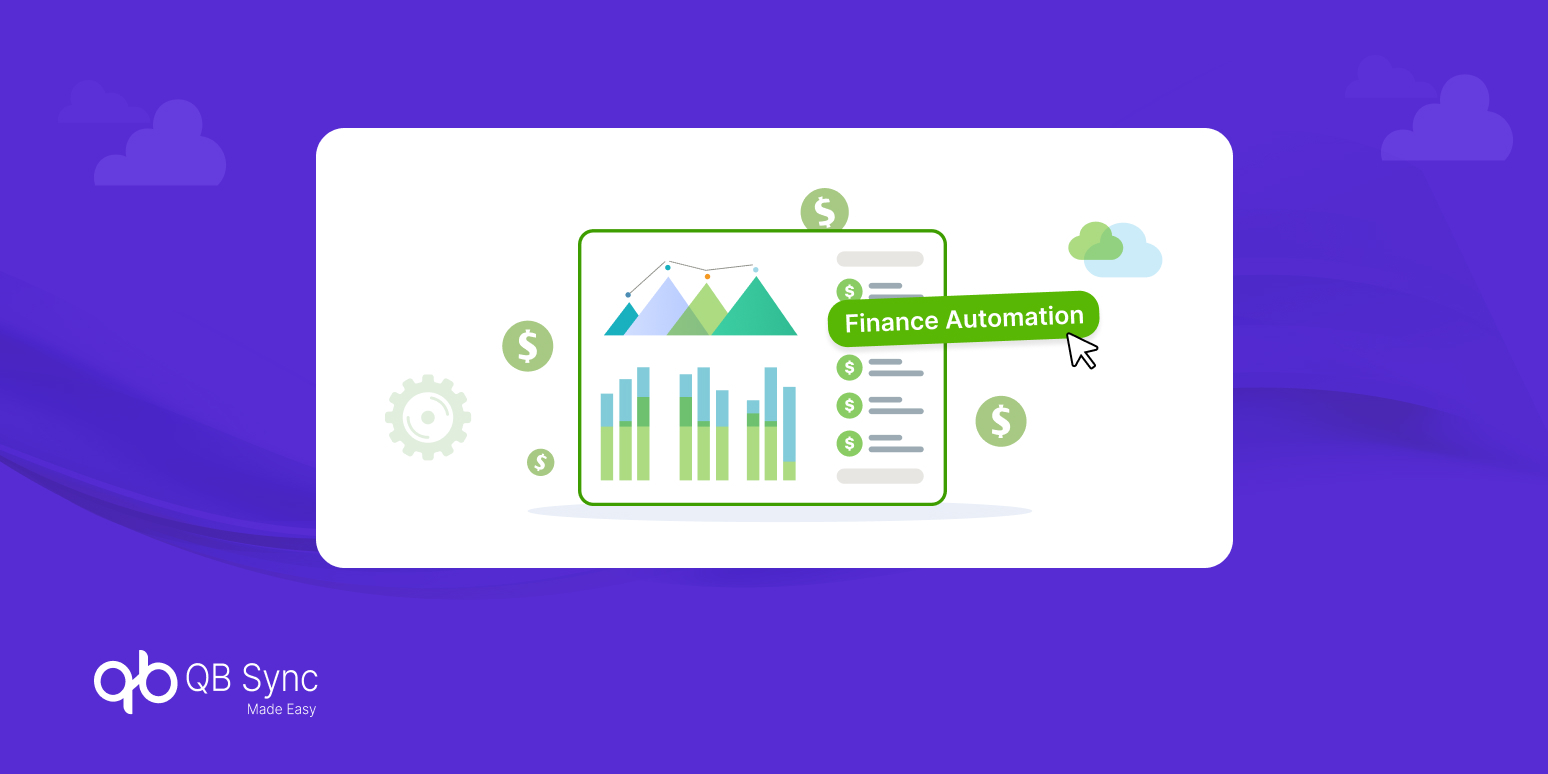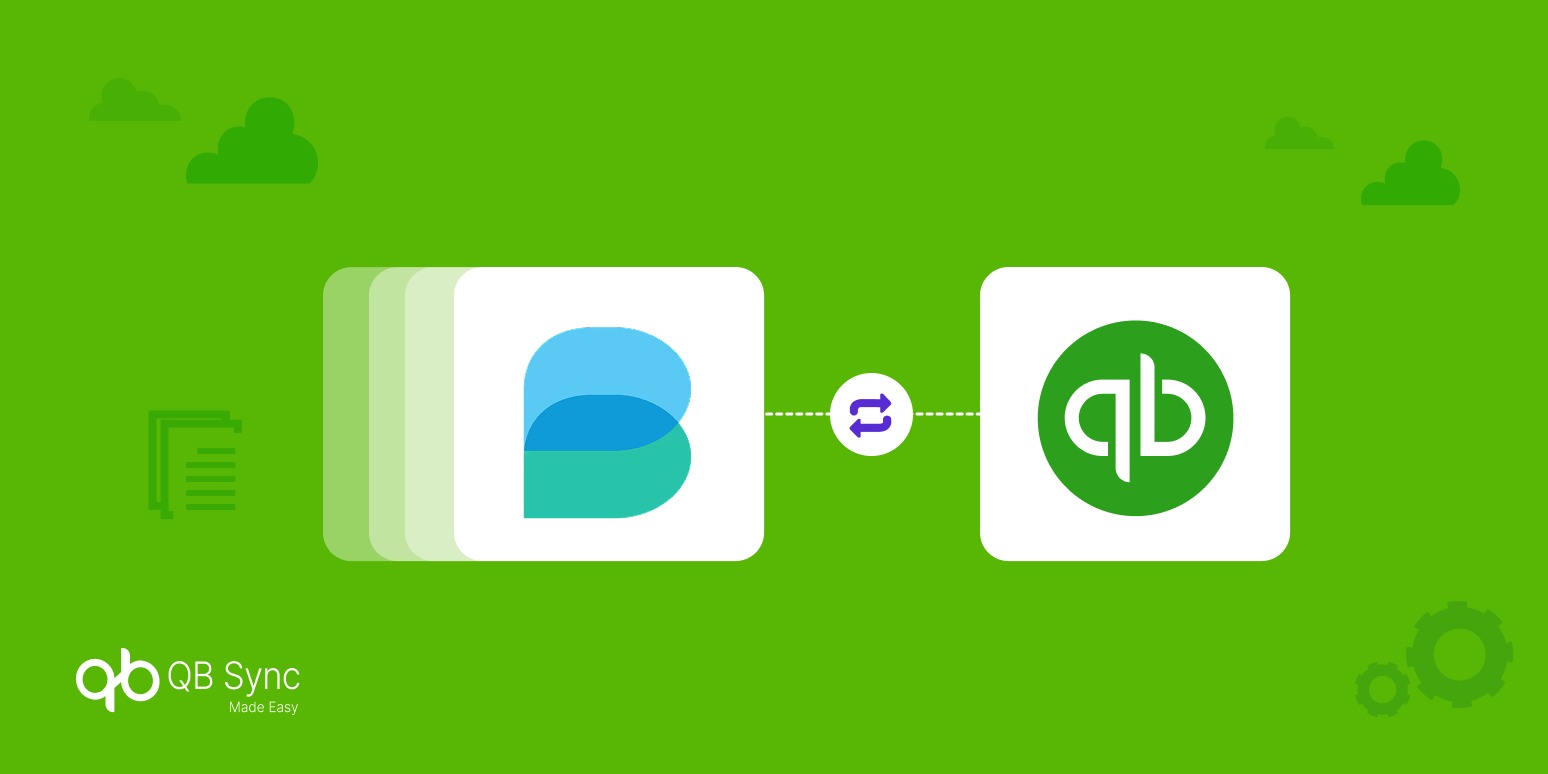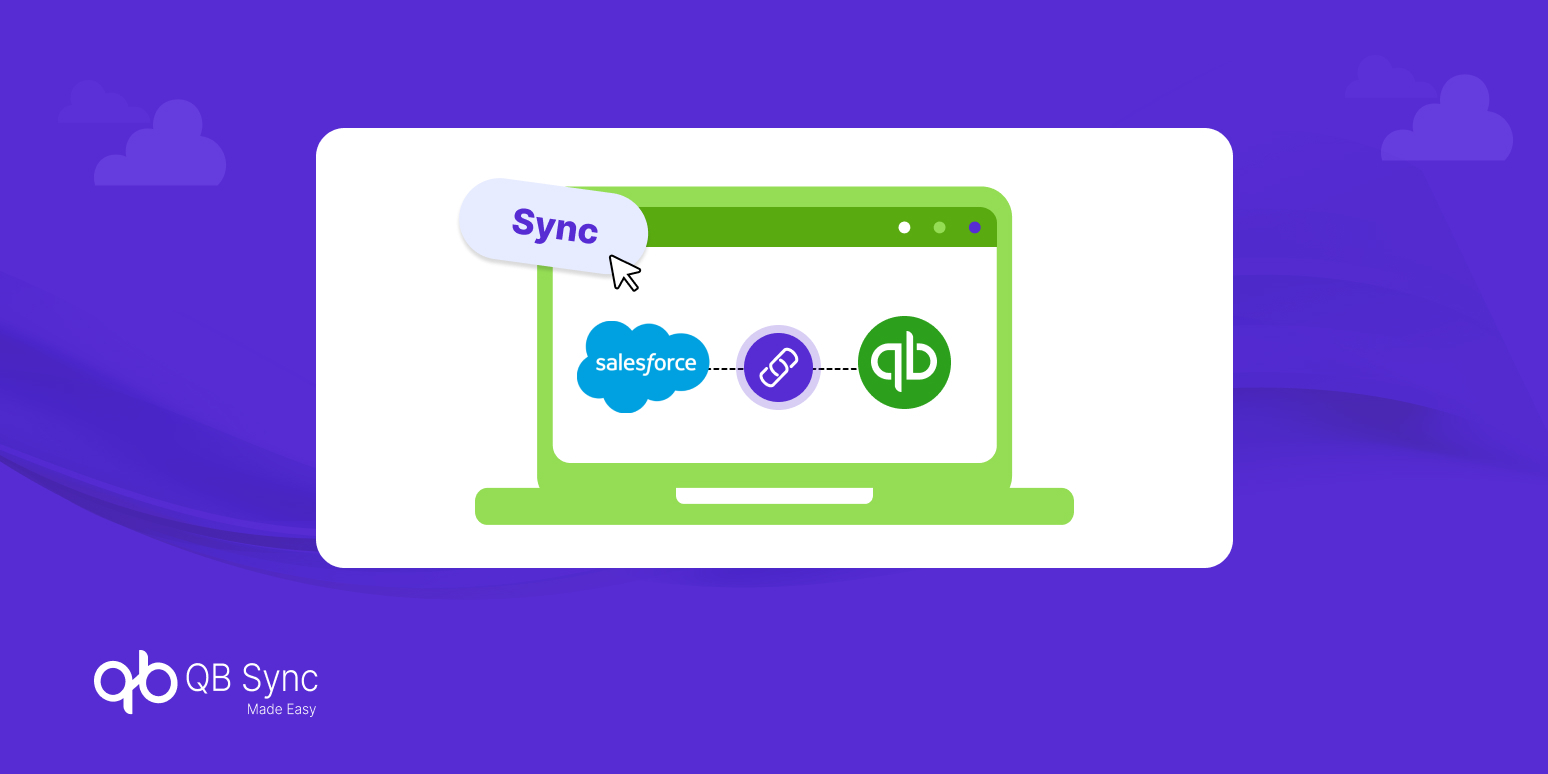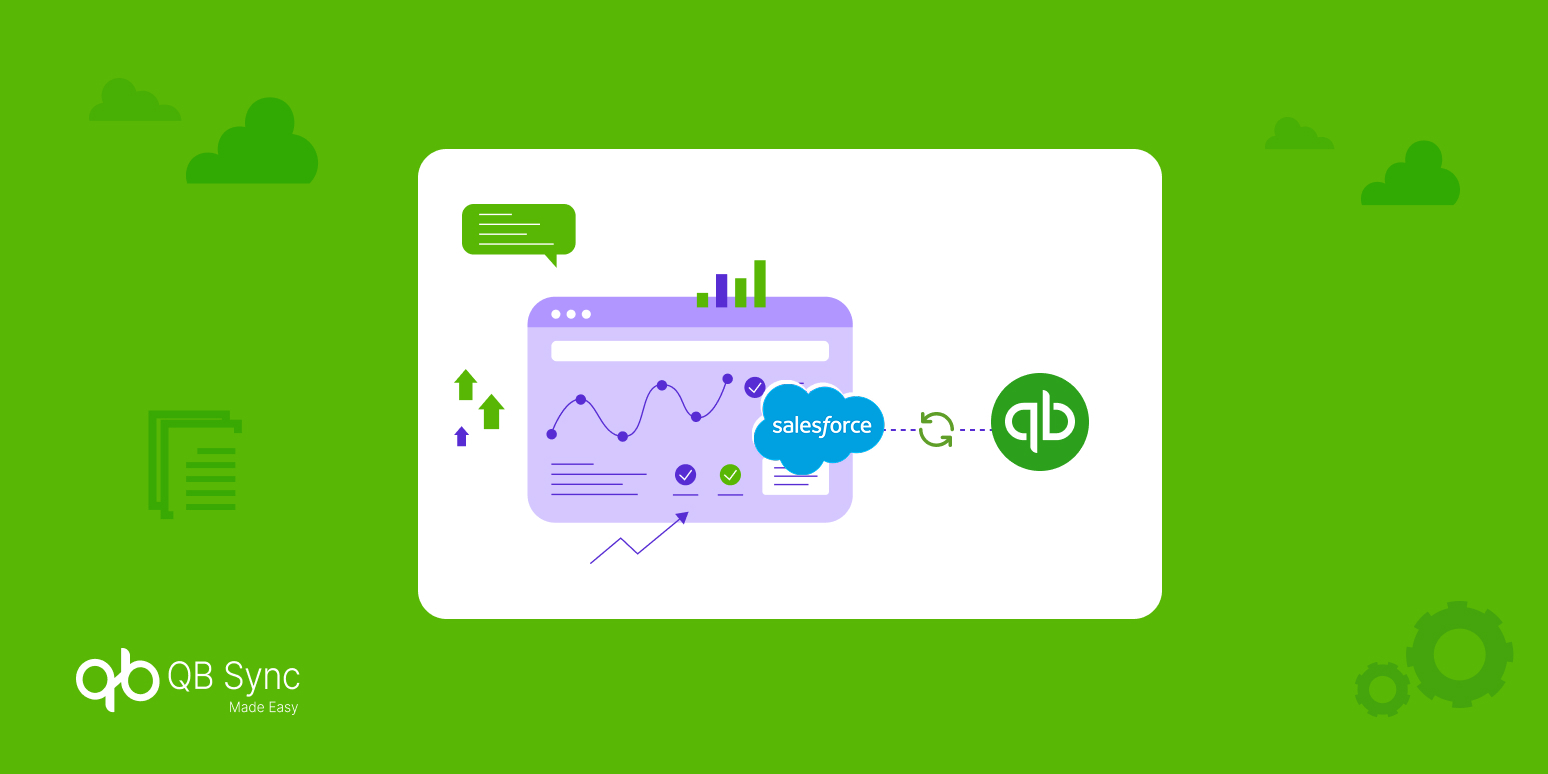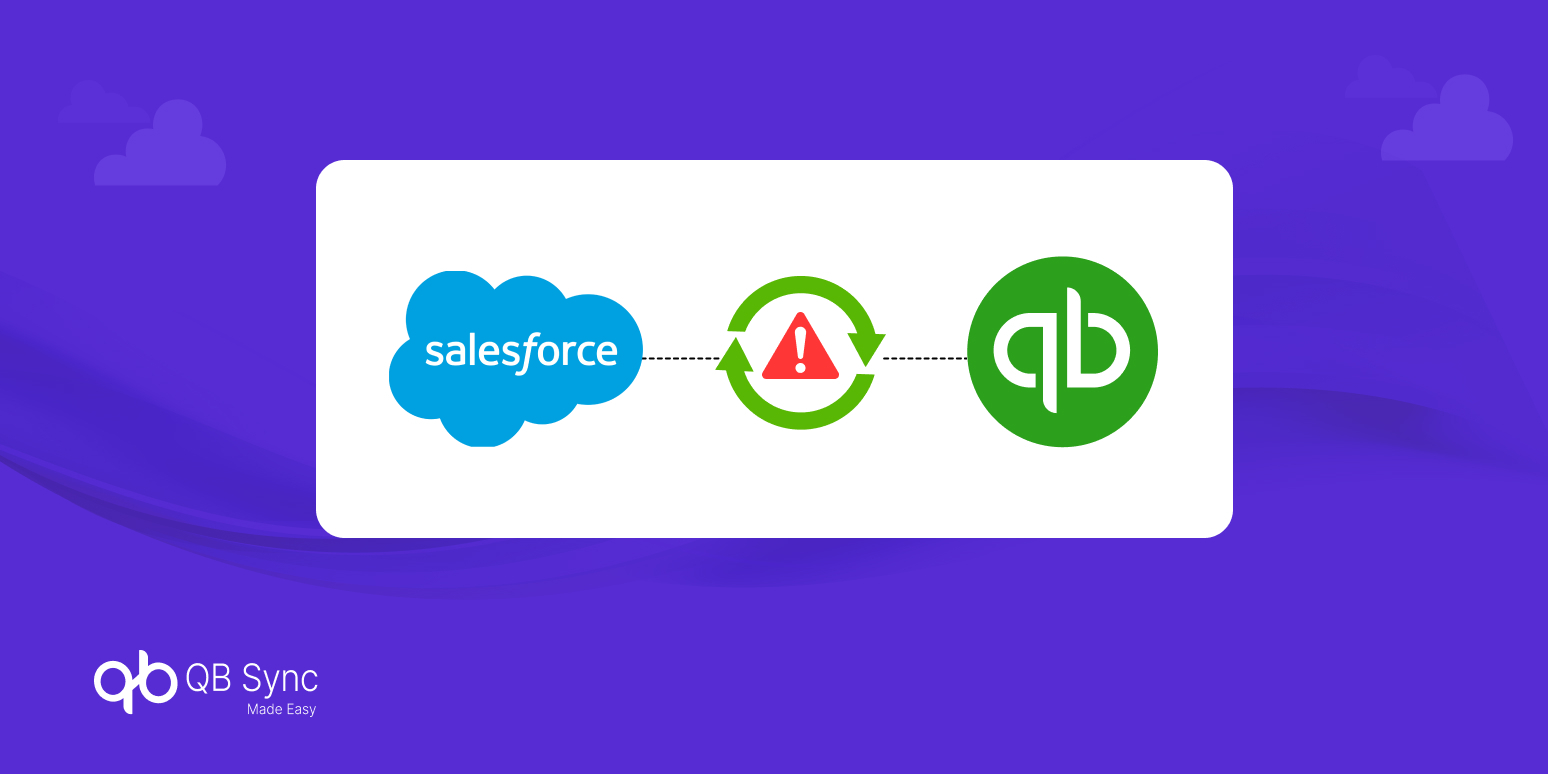The term Customization in QuickBooks integrations is one of the most important key factors that ensures integration aligns perfectly with a company’s unique workflow and industry specific demands.
So, rather than using a generic, one-size-fits-all solution, QuickBooks customization tailors these integrations to match your company’s unique workflows and makes it more effective towards your business goals.
This blog is all about the QuickBooks integration, the customization role, features, things to know before setting up your QuickBooks integration, etc. Initially, let’s begin with the basics of QuickBooks online.
What Is QuickBooks Online?
QuickBooks Online is an accounting software or platform which is cloud-based and designed for both small and mid sized businesses. It’s a complete accounting platform that leverages brands to seamlessly manage and keep track of their company income, all the expenses are being made, sending invoices, paying bills, inventory management, generating financial reports, and so on.
It’s important for several reasons including streamlining financial management via cloud-based access. Online QuickBooks automates multiple operations that take too much time such as data entry, invoicing, bank reconciliation, payroll management, and expense tracking.
Key QuickBooks Online Benefits:
- It updates financial data by connecting it directly to bank accounts; additionally it offers real-time financial insights and current view of business performance.
- It offers a paperless work culture that directly supports environment and business security. Provides digitized, secure cloud backups and allows documents to be attached directly to transactions.
- Within suitable internet accessibility, QuickBook Online allows users to access their financial information from anywhere as its a cloud-based accounting platform.
- From manufacturing to retail this software is designed to simplify all business operations, irrespective of their size and industry, making it feasible for you.
- QuickBooks offers an array of features, which feels like designed directly as per your business needs such as tracking income, managing inventory, generating crucial financial reports related to profit and loss statements, etc.
So, it’s a versatile tool created for a wide range of businesses looking for a solution. With its user-friendly interface and comprehensive features, QuickBooks Online empowers businesses to monitor operations, make informed decisions, and stay ahead in this competitive market.
Now let’s move further towards the features of QuickBooks integration that makes it a demanding choice for businesses right now.
Top 5 Features of Online QuickBooks – Accounting Platform
In this section, we’ll uncover the key aspects of QuickBooks Online that attract business owners to leverage its capabilities for greater efficiency and growth.
Cloud Accounting:
QuickBooks’ cloud accounting feature helps in digitizing the most repetitive and time-taking operations, which lets you focus on the crucial tasks on priority. It includes automating income and expense tracking, scheduling custom recurring invoices, scheduling reports, automating late payment reminders, etc. Also make informed decisions with your available financial data in real time. Get a precise view of your cash flow, with real-time access to bank balances, transactions, and financial reports.
Invoicing:
Design custom, professional invoices you’ll love, and move from sent to paid in just a few days. Keep track of all your finances online in one place with invoicing advance features in QuickBooks integration—and get paid twice as fast compared to traditional paper invoices. Easily create professional invoices in a custom way, monitor invoice status, share automated reminders, etc., in one place.
Accounting Report:
This feature is really impressive and allows you to get crucial accounting and financial statements in minutes with a single click. With such a report you can check how your brand is performing in the respective market, filter your customer data, get instant access to all kinds of financial reports including cash flow statements, manage overdue invoices, and watch out for trends in your business income and expenses.
Inventory Management:
For many small, medium, and even large businesses, managing inventory can feel like a full-time job. But don’t take stress anymore; with Online QuickBooks managing your stock becomes effortless, letting you see what you have and anticipate what you’ll need, before it’s too late. It means you will never get out of stock, all your customers’ demands will be monitored efficiently.
Third-Party Apps Integrations:
QuickBooks allows you to connect with many third-party apps, making your business easier to manage. These apps help with invoicing, keeping track of inventory, managing expenses, handling payroll, running online stores, creating reports, and more.
The reason for connecting third-party apps to QuickBooks is very straightforward, as it helps you streamline business processes, stay productive, and improve productivity, and cash back straight to your wallet.
Furthermore, by using these integrations, you can save time, stay organized, and have all important business tools working together in one place without any hassle.
So, these are the primarily focused features of accounting software, additionally it helps with project tracking, bank and credit card connection, easy accessibility, tax and payroll management, etc.
Now, let’s move straight into the pivotal role of customization in QuickBooks integration.
Why Customization Matters in QuickBooks Integration
Customization plays a vital role in successful QuickBooks integration. It helps you to customize or tailor the software as per your business specifics, you can add the customs your brand requires. It ensures workflow automation, relevant reporting to details and precise data transfer.
Here are the benefits or role of customization in QuickBooks integration:
Tailored Workflow Alignment
Every business works differently, and QuickBooks integration needs to fit how you operate. Customization allows your accounting system to follow your unique workflow instead of forcing you to adapt to a standard setup. This ensures that tasks like invoicing, payments, and reporting happen smoothly without extra manual work, saving time and reducing mistakes.
Quote Management
For field services, QuickBooks helps teams make price lists easily. Workers can use phone apps to make price lists, they can also get customer OKs with signatures on their phones. After the job is done, price lists turn into bills. Managers can watch out the status of prices and make required interventions.
Extending Key Functions
There are multiple functions that are not available in the basic version or standard QuickBooks. Thus, with custom integration you can upgrade its features or capabilities as per your requirements. This allows you to keep all the data in the same platforms, ensuring smooth sync with third party applications.
Serving Industry Specific Demands
From manufacturing, retail to healthcare and fashion, all have different needs and unique accounting requirements. Custom QuickBooks online integration addresses brand unique operational and other needs. For instance, a construction company integrated QuickBooks with a project handling tool, so it will ease the process of project expense tracking, timesheet data management, and real time budget oversight.
In the manufacturing business, the company will connect it with ERP software to sync bill of material, finished product stocks, etc. So, the role of customization here is vast and that also involves data accuracy, generating custom reports and combining data with multiple integrated sources, and so on.
Now that we’ve understood the importance of customization, let’s look at the key steps you need to follow for a smooth QuickBooks integration. These steps will help you set up the system efficiently and avoid common pitfalls.
Key Steps for Successful QuickBooks Integration
In essence you need to understand some crucial components before setting up the accounting system integration including:
- Understand Why You’re Integrating: Know the purpose and goals of connecting QuickBooks with your systems.
- Learn How QuickBooks Works: Get familiar with QuickBooks functions to make integration smoother.
- Pick the Right Integration Method: Choose the best approach or tool that fits your business needs.
- Keep Data Clean and Organized: Ensure your information is accurate and well-structured before integration.
- Focus on Security and Permissions: Protect sensitive data and set the right access levels for users.
- Make the User Experience Simple: Keep the system easy to use for everyone in your team.
- Expect Some Challenges: Be ready for small issues and plan how to handle them.
- Customize It for Your Needs: Adjust QuickBooks to match your business processes and requirements.
- Test Everything Before You Go Live: Check that all features work correctly before full implementation.
- Keep It Updated and Maintained: Regularly update the system and monitor it to stay efficient and secure.
So, before you go live, consider these points for smooth integration. Thus, by leveraging customization in QuickBooks integrations, businesses can transform a standard accounting setup into a solution that truly aligns with their unique workflows and goals.
This facilitates the achievement of streamlined operations and enhanced financial decision-making throughout the entity.
Conclusion
Customisation transforms a standard integration into a tailored and more powerful solution that caters to the unique needs and goals of a business. Thus, it makes the difference between something that just works and something that truly drives success. Custom QuickBooks integration helps simplify accounting processes and improve efficiency through advanced automation.
QB Sync Made Easy is well known software that smoothly integrates QuickBooks and Salesforce, ensures real time, bi-directional syncing, and accurate data transfer.
Get the best support with QB Sync Made Easy, trusted by hundreds of businesses worldwide and gain complete visibility into your financial operations.
